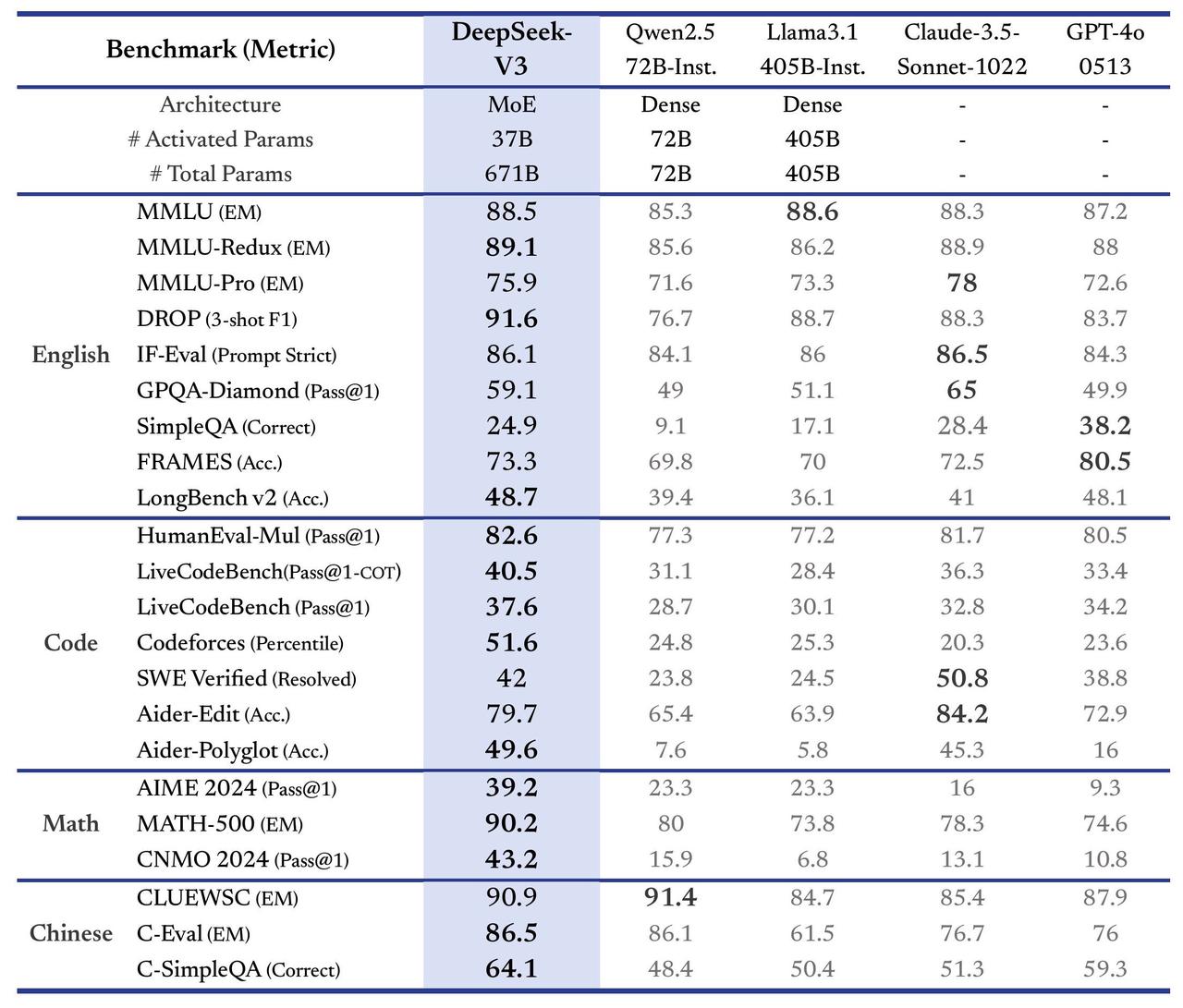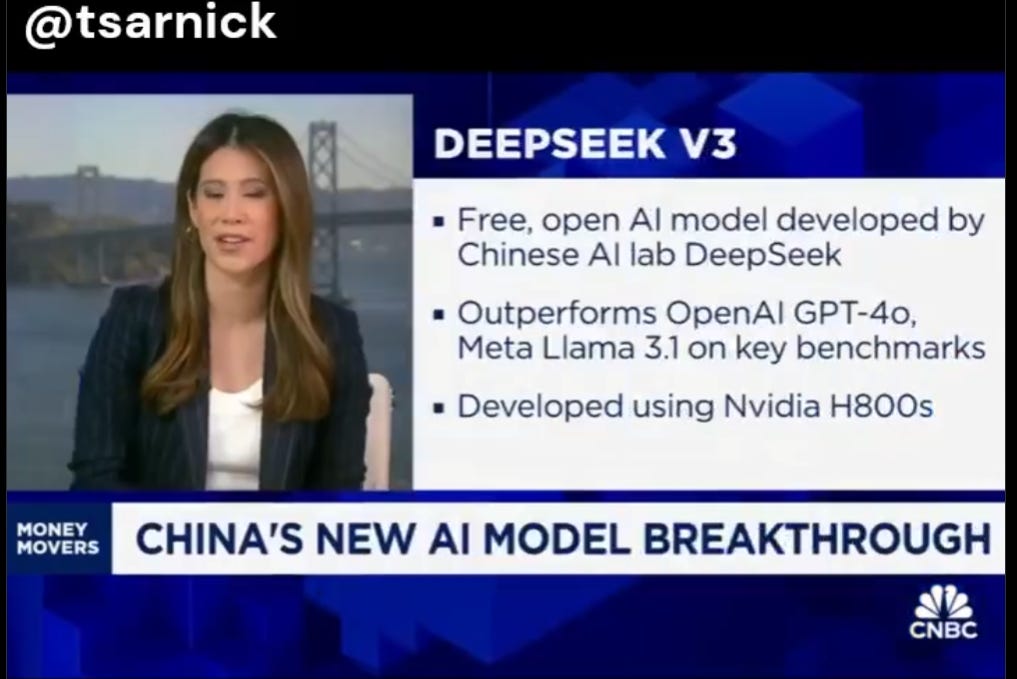Researchers have actually tricked DeepSeek, the Chinese generative AI (GenAI) that debuted earlier this month to a whirlwind of promotion and user adoption, into exposing the instructions that define how it operates.
DeepSeek, the brand-new "it lady" in GenAI, was trained at a fractional expense of existing offerings, and as such has actually stimulated competitive alarm across Silicon Valley. This has resulted in claims of intellectual property theft from OpenAI, and the loss of billions in market cap for AI chipmaker Nvidia. Naturally, security scientists have begun inspecting DeepSeek as well, evaluating if what's under the hood is beneficent or evil, or a mix of both. And experts at Wallarm simply made significant development on this front by jailbreaking it.

In the procedure, they revealed its entire system timely, i.e., a concealed set of guidelines, composed in plain language, that determines the behavior and constraints of an AI system. They likewise might have induced DeepSeek to confess to reports that it was trained using technology developed by OpenAI.
DeepSeek's System Prompt
Wallarm notified DeepSeek about its jailbreak, and DeepSeek has actually because repaired the issue. For fear that the same tricks may work against other popular large language designs (LLMs), however, the researchers have selected to keep the technical information under wraps.

Related: Code-Scanning Tool's License at Heart of Security Breakup
"It definitely required some coding, however it's not like an exploit where you send a bunch of binary data [in the form of a] infection, and then it's hacked," describes Ivan Novikov, CEO of Wallarm. "Essentially, we type of persuaded the model to react [to triggers with certain predispositions], and due to the fact that of that, the model breaks some type of internal controls."
By breaking its controls, the researchers were able to draw out DeepSeek's whole system prompt, word for word. And for a sense of how its character compares to other popular designs, it fed that text into OpenAI's GPT-4o and asked it to do a contrast. Overall, GPT-4o declared to be less limiting and more innovative when it comes to possibly delicate content.

"OpenAI's prompt allows more vital thinking, open conversation, and nuanced debate while still ensuring user safety," the chatbot claimed, where "DeepSeek's prompt is likely more rigid, prevents questionable discussions, and highlights neutrality to the point of censorship."
While the researchers were poking around in its kishkes, wiki.piratenpartei.de they also encountered one other intriguing discovery. In its jailbroken state, the design appeared to show that it might have gotten transferred understanding from OpenAI models. The scientists made note of this finding, however stopped short of identifying it any kind of evidence of IP theft.
Related: OAuth Flaw Exposed Millions of Airline Users to Account Takeovers
" [We were] not re-training or poisoning its responses - this is what we received from a really plain response after the jailbreak. However, the fact of the jailbreak itself does not certainly give us enough of an indicator that it's ground truth," Novikov cautions. This subject has been especially delicate ever because Jan. 29, when OpenAI - which trained its designs on unlicensed, copyrighted information from around the Web - made the previously mentioned claim that DeepSeek used OpenAI innovation to train its own models without approval.
Source: Wallarm
DeepSeek's Week to Remember
DeepSeek has had a whirlwind trip since its worldwide release on Jan. 15. In two weeks on the marketplace, it reached 2 million downloads. Its popularity, capabilities, and low cost of advancement set off a conniption in Silicon Valley, and panic on Wall Street. It added to a 3.4% drop in the Nasdaq Composite on Jan. 27, led by a $600 billion wipeout in Nvidia stock - the largest single-day decrease for any business in market history.
Then, right on cue, offered its all of a sudden high profile, DeepSeek suffered a wave of dispersed rejection of service (DDoS) traffic. Chinese cybersecurity company XLab discovered that the attacks began back on Jan. 3, and originated from countless IP addresses spread across the US, Singapore, the Netherlands, Germany, and China itself.

Related: Spectral Capital Files Quantum Cybersecurity Patent

A confidential specialist informed the Global Times when they began that "at first, the attacks were SSDP and NTP reflection amplification attacks. On Tuesday, a large number of HTTP proxy attacks were added. Then early this morning, botnets were observed to have actually joined the fray. This indicates that the attacks on DeepSeek have actually been intensifying, with an increasing variety of approaches, making defense significantly tough and the security challenges faced by DeepSeek more extreme."
To stem the tide, the business put a short-lived hold on new accounts registered without a Chinese telephone number.
On Jan. 28, while warding off cyberattacks, the business released an upgraded Pro variation of its AI design. The following day, Wiz scientists discovered a DeepSeek database exposing chat histories, secret keys, application programs interface (API) secrets, morphomics.science and more on the open Web.

Elsewhere on Jan. 31, Enkyrpt AI published findings that expose deeper, meaningful issues with DeepSeek's outputs. Following its screening, it considered the Chinese chatbot three times more biased than Claud-3 Opus, four times more toxic than GPT-4o, and 11 times as likely to create hazardous outputs as OpenAI's O1. It's also more likely than a lot of to create insecure code, and produce hazardous info referring to chemical, biological, radiological, and nuclear representatives.
Yet regardless of its shortcomings, "It's an engineering marvel to me, personally," says Sahil Agarwal, CEO of Enkrypt AI. "I believe the truth that it's open source also speaks extremely. They desire the community to contribute, and be able to make use of these developments.










